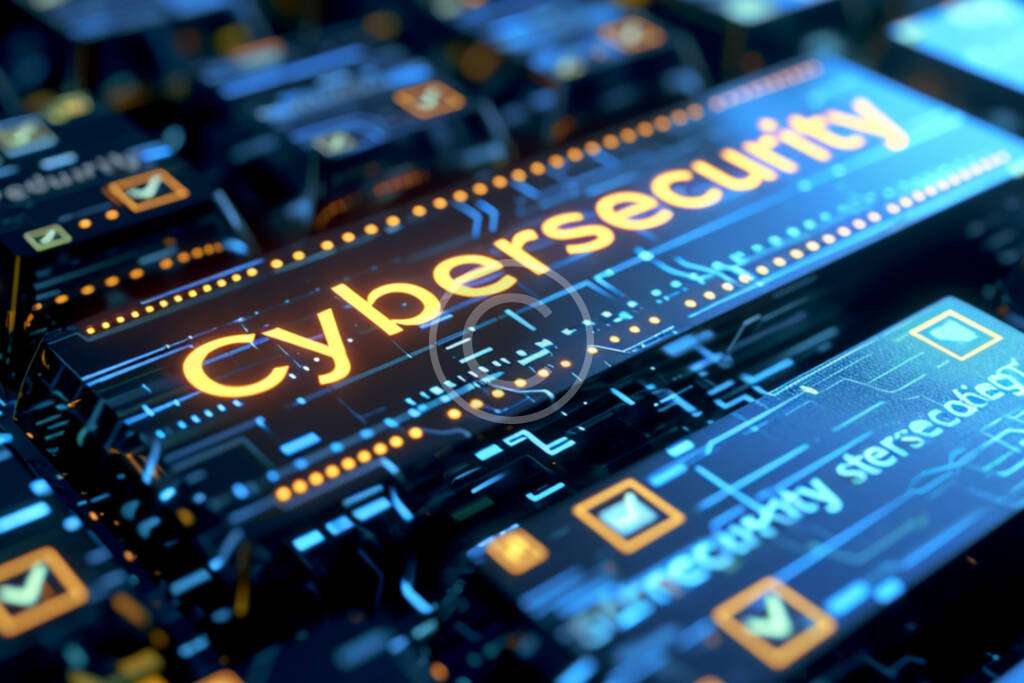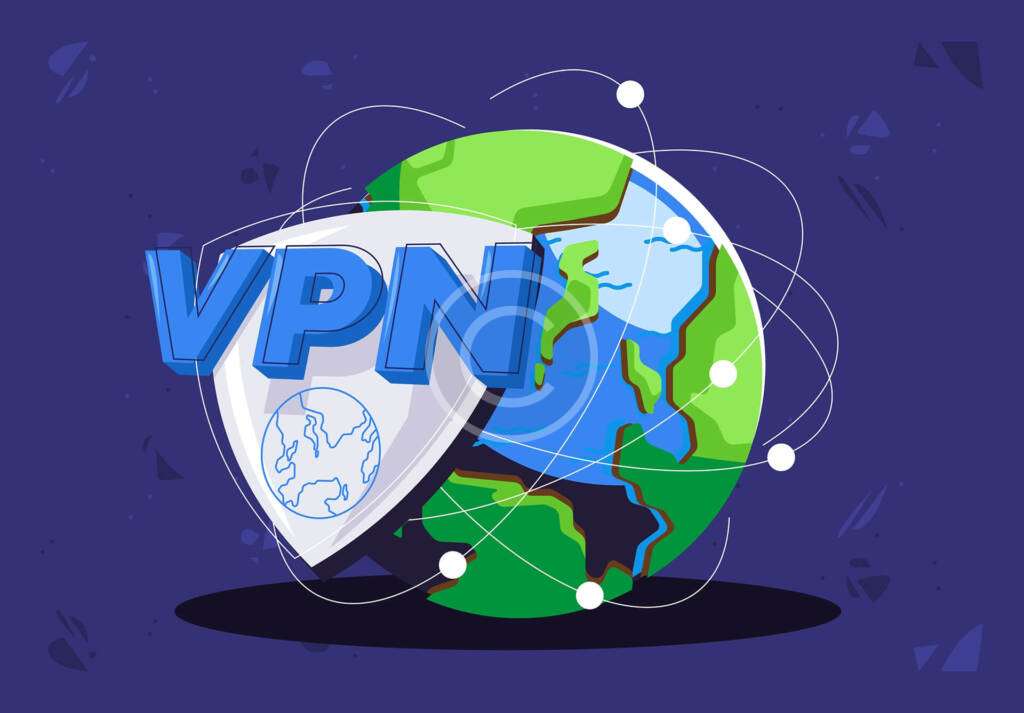In today’s hyper-connected world, our lives are increasingly digital. From online banking to social media, we share a vast amount of personal information across the internet. While this offers incredible convenience, it also exposes us to various online threats. Protecting yourself online isn’t just about avoiding viruses; it’s about safeguarding your privacy, your finances, and your peace of mind.
Strong, Unique Passwords are Your First Line of Defense
This can’t be stressed enough! Using weak or reused passwords is like leaving your front door unlocked.
-
Make them complex: Aim for a combination of uppercase and lowercase letters, numbers, and symbols.
-
Make them long: The longer the password, the harder it is to crack.
-
Make them unique: Never use the same password for multiple accounts. If one account is compromised, the others remain safe.
-
Consider a password manager: These tools securely store all your complex passwords, so you only need to remember one master password.
Enable Two-Factor Authentication
Even with strong passwords, a data breach can still expose your credentials. Two-Factor Authentication adds an extra layer of security by requiring a second form of verification, usually a code sent to your phone or generated by an authenticator app, in addition to your password.
-
How it works: After entering your password, you’ll be prompted to enter a code from your trusted device.
-
Why it’s crucial: Even if a hacker gets your password, they won’t be able to access your account without that second factor.
Be Wary of Phishing Attempts
Phishing is a common tactic where cybercriminals try to trick you into revealing sensitive information (like usernames, passwords, or credit card details) by impersonating legitimate organizations or individuals.

-
Look for red flags: Mismatched sender email addresses, poor grammar, urgent or threatening language, and suspicious links are all warning signs.
-
Don’t click suspicious links: If you receive an email asking you to update account information, go directly to the website by typing the URL into your browser, rather than clicking a link in the email.
-
Verify the sender: If in doubt, contact the organization directly using a known phone number or email address.
Software updates aren’t just about new features; they often include critical security patches that fix vulnerabilities exploited by cybercriminals.
-
Operating system (OS): Ensure your computer’s OS (Windows, macOS, Linux) is always up to date.
-
Web browsers: Keep your browser (Chrome, Firefox, Edge, Safari) updated to the latest version.
-
Applications: Update all your other software, including antivirus programs, productivity suites, and mobile apps
Be Mindful of What You Share Online
Every piece of information you post online, whether on social media, forums, or blogs, can potentially be seen by others and used against you.
-
Privacy settings: Regularly review and adjust the privacy settings on all your social media accounts. Limit who can see your posts, photos, and personal information.
-
Think before you post: Consider the implications of sharing personal details, travel plans, or even seemingly innocuous photos.
-
Professional vs. Personal: Maintain clear boundaries, especially if your online presence can impact your career.
-
Use a VPN on Public Wi-Fi
-


Online security is an ongoing process, not a one-time task. By implementing these essential tips, you can significantly reduce your risk of becoming a victim of cybercrime and enjoy a safer, more secure experience in the digital world. Stay informed, stay vigilant, and make online protection a priority.
